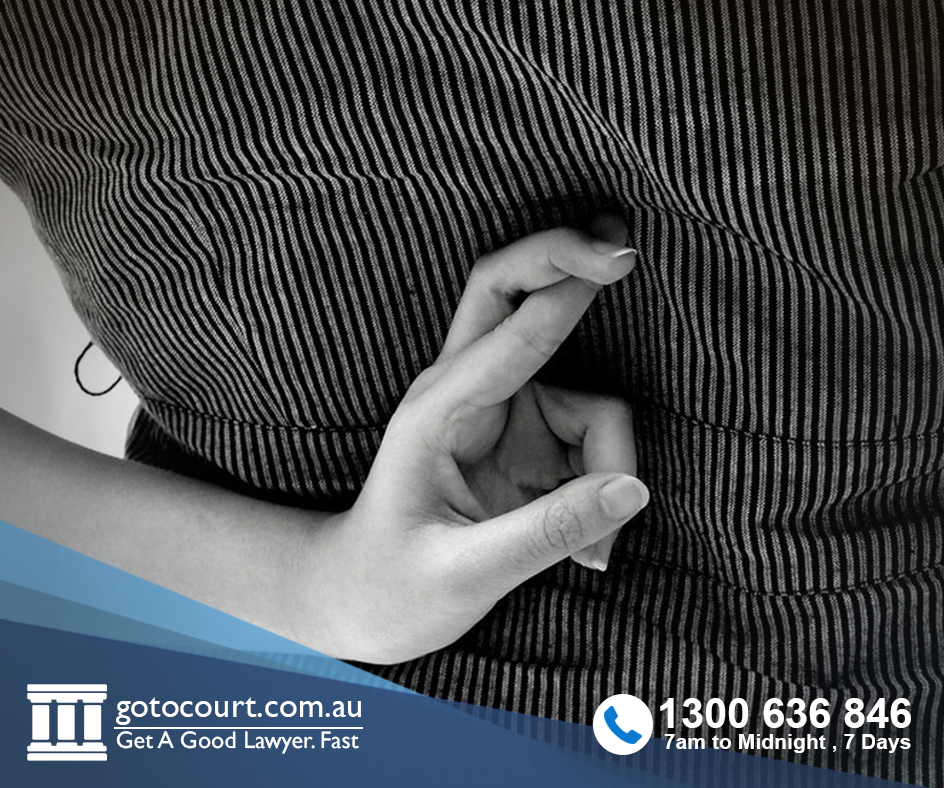Restitution Orders (Vic)
In many circumstances, criminal offending will have a significant impact on other people. The impacts of crime on victims can be significant and diverse, and may include psychological and emotional harm, physical injury as well as financial loss. This article deals with restitution orders, the purpose of which is to ensure that victims of crime receive adequate compensation and restitution for financial losses incurred as the result of criminal offending.
Three avenues of restitution
In Victoria there are currently three avenues through which a victim may seek compensation, restitution or financial assistance following criminal offending. These are:
- compensation or restitution orders made by the court against the offender;
- State-funded assistance determined by the Victims of Crime Assistance Tribunal; and
- civil proceedings against the offender.
Why do we have restitution orders?
Restitution orders can often have a validating effect on victims. In fact, there is evidence that victims prefer to receive compensation from the offender as opposed to the state, Victims generally place value on the extent to which an offender can and does repair the harm they’ve done. As a result of this more and more applications of this nature are being made in courts across Victoria.
In the civil law jurisdiction, it is inherently difficult to obtain restitution by virtue of the return of the specific items of property. However, although that is made much easier through the availability of restitution orders in the criminal jurisdiction, most restitution orders made work on a compensatory basis. This means restitution orders generally order the accused to make payment to the victim in compensation for the damages caused and/or the financial loss that was incurred as a result of the offending.
Applications for restitution orders can only be made once an accused has entered a plea of guilty or been found guilty. These applications are generally made and determined immediately after the defendant has been sentenced. The power of the criminal courts to make restitution orders is governed by a number of statutes relating to criminal offending generally.
Legislation
The power of the courts to order restitution of physical property for offences committed by children is found in Section 360(3)(a) of the Children, Youth and Families Act 2005. The equivalent power in respect of adults is found in Section 33(3) – (8) and 34(2) of the Summary Offences Act 1966.
Section 84 of the Sentencing Act 1991 gives courts powers to make restitution orders generally when an offender is found guilty of an offence and a sentence is being imposed. When a person is found guilty of a commonwealth offence, Section 21B of the Crimes Act 1914 (Cth) gives the local courts power to make reparation orders.
Restitution order not part of the sentence
It is important to note that even though these restitution orders are closely related to criminal conduct and are dealt with in the context of criminal proceedings, they do not form part of the accused’s sentence. Restitution orders are not to be of a punitive nature, but merely an easily accessible and quick means for the victim’s recovery of civil recompense.
Furthermore, the making of a restitution order cannot be viewed as a mitigatory factor, when determining an accused’s sentence.[8] However, it may be taken into account when determining any monetary penalties being imposed, and in fact the court is required to favour the imposition of compensation or restitution orders over the imposition of fines, if satisfied that the accused has insufficient funds to pay both.
Financial circumstances of the accused
In deciding to make restitution orders, the court must consider the financial circumstances of the accused and “the nature of the burden” that the order would have on the accused. However, it has been recognised that in some circumstances the victim’s right to compensation take priority over the impact on the accused, even where it is likely to affect their prospects of rehabilitation.
An application for the restitution may be sought by the victim themselves or (more commonly) by prosecution on behalf of the victim. The accused will generally be made aware that such an application will be made prior to entering a plea of guilty. In fact, the fact that restitution is sought is often stated on the initial charge documents.
Making restitution orders
The court must only make restitution orders if there is sufficient evidence that the victim suffered a financial loss. This may be found in admissions made by the accused, oral evidence given by witnesses or in prescribed documents available to the court.
If the application for restitution is made by the prosecution on behalf of the victim, the victim generally does not need to appear in person. The court may extend the time within which the application can be made if satisfied to do so is in the interests of justice.
Enforcement of restitution orders
The Sentencing Act sets out how restitution orders are to be enforced. Under Section 85(1), once a restitution order has been made, the order:
“must be taken to be a judgment debt due by the offender to the person in whose favour the order is made and payment of any amount remaining unpaid under the order may be enforced in the court by which it was made.”
The court has effectively the same powers of enforcement with respect to restitution orders as it does in any civil proceeding. For restitution orders related to commonwealth offences, it is specifically noted that where the order relates to the payment of a sum of money, the order is only civilly enforceable, with imprisonment for the non-payment not being available. As such, if an offender fails to comply with a court-ordered compensation/restitution order, their sentence is not affected.
The making of restitution orders does not take into consideration any prior bankruptcy proceedings. It should also be noted that a victim is not prevented from bringing proceedings in the civil jurisdiction after the making of a restitution/compensation order, to the extent that those matters aren’t already satisfied.
Furthermore, there are no appeal avenues for an offender or a victim in respect of the decision to make or not to make a restitution order. Only the Prosecution can appeal a decision on the basis that it is satisfied there was an error and that it is in the public interest to appeal.
If you require legal advice or representation in any legal matter, please contact Go To Court Lawyers.






